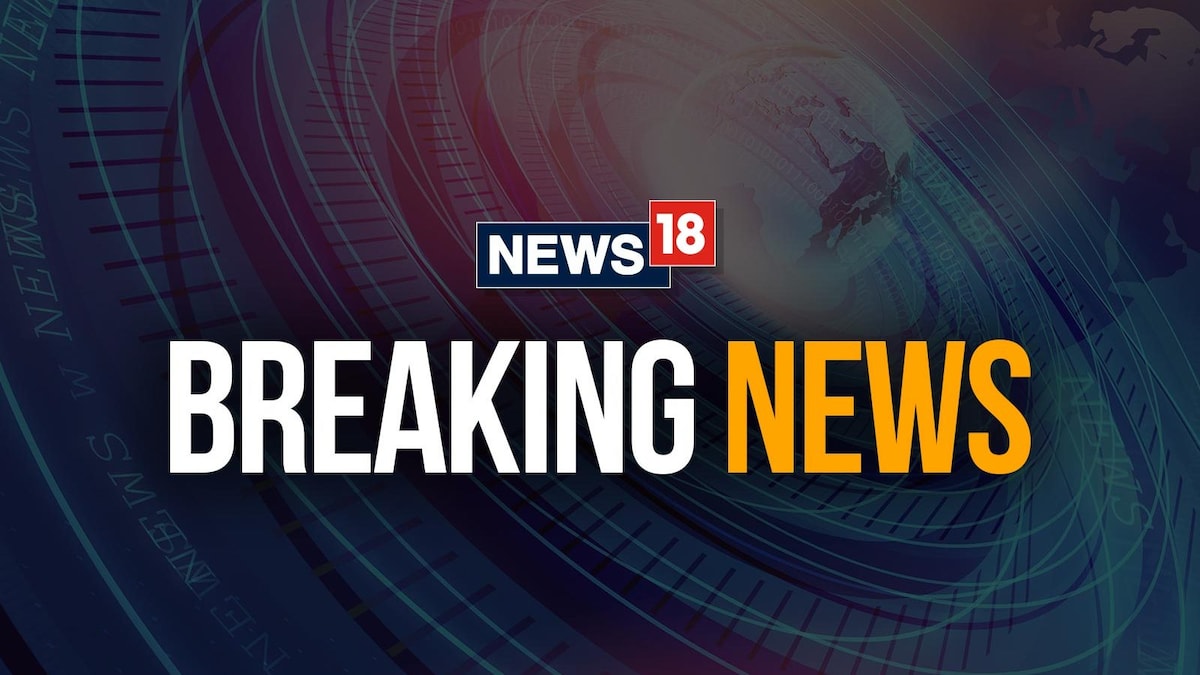For any legal action to be taken within India, including the execution of an arrest warrant in Gautam Adani's case, US officials are required to notify the Ministry of Home Affairs in India.

The US Justice Department has accused Gautam Adani, his nephew, and six others, of paying USD 265 million (Rs 2,029 crore) in bribes to Indian government officials for securing solar power contracts with state electricity distribution companies.
The US authorities have not yet communicated to their Indian counterparts about the arrest warrant issued against industrialist Gautam Adani over bribery charges, sources told India Today TV.
For any legal action to be taken within India, including the execution of an arrest warrant, US officials are required to notify the Ministry of Home Affairs in India. The Home Ministry can then direct relevant federal agencies to act upon the request.
The indictment against Adani involves allegations of bribery to secure solar energy contracts in India and misleading US investors through fraudulent financial disclosures. If US authorities intend to bring Adani to the US to face their law, they are expected to invoke the India-US extradition treaty. Under this agreement, the US must present compelling evidence linking Adani's alleged actions to violations of American law and demonstrate their jurisdictional impact.
Additionally, the Mutual Legal Assistance Treaty (MLAT) between the two nations allows for cooperation in criminal investigations. Through this treaty, US authorities could formally request India's assistance in gathering critical evidence, including financial records, communications or testimonies from individuals connected to the case. MLAT provisions also enable asset seizure and the authentication of key documents.
However, extradition is a lengthy judicial process that requires scrutiny by Indian courts to ensure the request adheres to Indian legal and constitutional standards. Even if Indian courts approve the extradition, the final decision rests with India, which considers both legal and diplomatic implications.
If Adani travels to a third country without robust extradition protections, the US could explore deportation options through diplomatic negotiations. However, deportation heavily depends on the host country's willingness to cooperate.
The US Justice Department has accused Adani, his nephew, and six others, of paying USD 265 million (Rs 2,029 crore) in bribes to Indian government officials for securing solar power contracts with state electricity distribution companies. The bribes were allegedly paid between 2020 and 2024. The Adani Group has dismissed the charges as "baseless" and said it would tackle the matter legally.
Arrest warrants have also been issued for Adani and his nephew. Prosecutors plan to hand over the warrants to foreign law enforcement. India Today exclusively accessed the details of the arrest warrant, which was unsealed on October 31, 2024.
Earlier, senior advocate Vijay Aggarwal told India Today TV in an exclusive interview that an indictment doesn't mean that the accused is guilty.
"Just because there is an arrest warrant, it doesn't mean he (Adani) will be arrested, and the warrant will be executed in India. It never happens like that. It is not a James Bond movie," Aggarwal said.
Published By:
Prateek Chakraborty
Published On:
Nov 27, 2024

 3 hours ago
3 hours ago
















